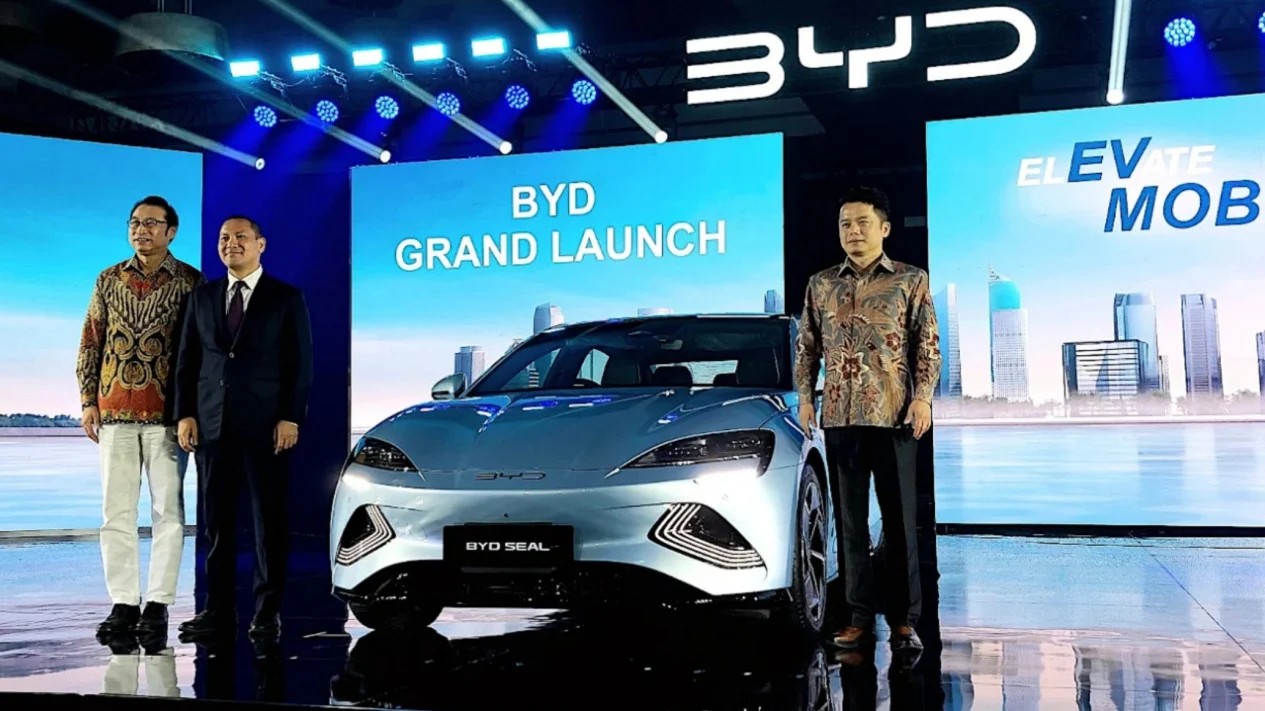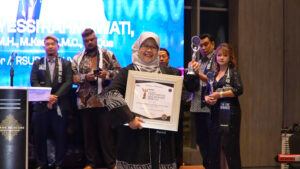Jinjiang Group, a contractor closely associated with BYD, the Chinese electric vehicle powerhouse, has denied allegations by Brazilian labor authorities that it subjected workers to conditions comparable to slavery. The accusations have drawn intense scrutiny, with Brazilian officials asserting that 163 Chinese nationals were employed under exploitative circumstances at a factory construction site in Bahia state. The site, part of BYD’s ambitious expansion into Brazil, has become a focal point for discussions on labor practices and international business ethics.
On Wednesday, Brazilian inspectors alleged that workers faced conditions that violated basic labor rights, including claims that their passports were confiscated. These allegations, described as slavery-like conditions, have cast a shadow over BYD’s reputation. Responding to the claims, BYD swiftly cut ties with the firm responsible for hiring the workers and affirmed its full cooperation with authorities to resolve the matter transparently and expeditiously.
Jinjiang, in a statement issued on Thursday via its official Weibo account, strongly rejected the accusations. The company characterized the portrayal of its workers as enslaved as deeply offensive and inconsistent with reality. “Being unjustly labeled as ‘enslaved’ has profoundly insulted our employees and undermined their human rights,” Jinjiang stated. “This misrepresentation not only damages our company but also offends the dignity of the Chinese people as a whole.” To counter the claims, Jinjiang disclosed that its employees had collectively signed a letter expressing their frustration over the allegations, emphasizing that the accusations were based on misunderstandings.
Li Yunfei, BYD’s general manager for branding and public relations, reposted Jinjiang’s statement on his personal Weibo account. He accused foreign entities and certain Chinese media outlets of leveraging the incident to smear Chinese brands and disrupt bilateral relations between China and Brazil. His remarks highlighted the geopolitical undertones of the controversy, suggesting that the incident was being used to undermine China’s growing influence in global industries.
China’s Ministry of Foreign Affairs has also intervened. Spokesperson Mao Ning confirmed that the Chinese embassy in Brazil is in communication with local authorities to verify the situation and protect the legitimate rights of Chinese nationals working abroad. The diplomatic engagement underscores the broader implications of the incident, not just for BYD but also for China’s strategic economic and political relations with Brazil.
The Bahia factory, a critical component of BYD’s international expansion, is poised to become one of the largest facilities of its kind in the region. Scheduled to commence production by 2024 or early 2025, the factory aims to produce 150,000 electric vehicles annually in its initial phase. This project is particularly significant as Brazil prepares to increase tariffs on imported electric vehicles from 18% to 35% by 2026, making local production essential for competitive market positioning.
Jinjiang attributed the allegations to cultural and linguistic differences, which it argued had led to misunderstandings during inspections. The company released a video showing a group of workers, one of whom read a letter purportedly signed by the group. The letter clarified that 107 workers had voluntarily submitted their passports to Jinjiang to facilitate the application for temporary ID certificates in compliance with Brazilian regulations. “We are happy to be here and have followed all local laws and regulations,” a worker stated in the video. “We are working diligently to help complete Brazil’s largest new energy vehicle project on time.”
The controversy has highlighted the complexities of labor management in international projects, particularly those involving significant cultural and regulatory differences. As Brazil emerges as a critical market for electric vehicles, the incident underscores the importance of ethical labor practices and transparent corporate governance in ensuring sustainable international partnerships.










